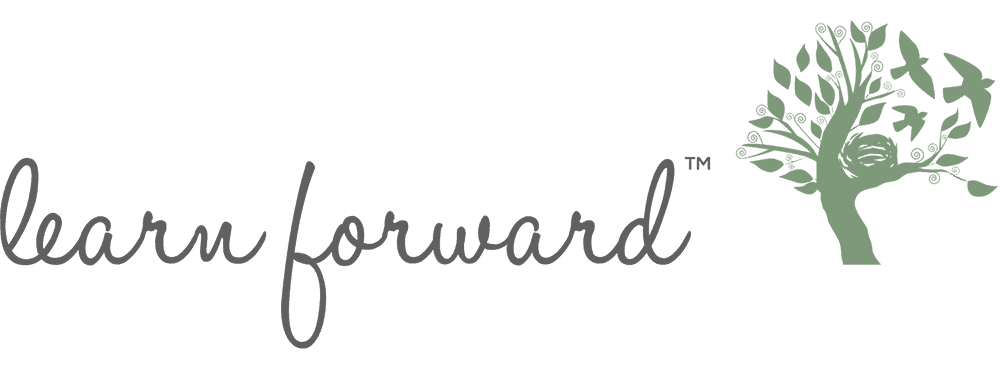A funny little story from this weekend. I am currently traveling for some professional development over spring break. Yesterday I face-timed with my 3-year old and she recounted the events of her morning as she ate lunch.
She told me about three things she did with dad: “grocery shopping, going to pick up things for the house, and eating popcorn.” We exchanged a number of sentences about her morning. Then, The Builder, chimed in to me, “We didn’t go grocery shopping.”
I can see it, Home Depot, Costco, it’s all the same to her!
Clearly we are working on the skill of recounting events. I can understand how the experience of the hardware store and the grocery store are similar for her. But, based on her recounting, I had a picture of her at the grocery store too.
In order for us to get to the “truth,” we had to work together.
For us as parents, there is a deeper and more sacred journey of truth-telling than just deciphering the stories of a 3-year old. It is about being soulfully honest about what matters for our children.
Children need us to be in this process.
The tender and courageous act of truth-telling about our families, our children, and our homes opens up new possibilities.
I want to encourage us, as parents, to practice the notion of truth-telling. Often, it requires a spaciousness and quietness. We have to deeply listen to our souls. We have to listen to others.
I find Parker Palmer’s description of a soul helpful.
Allowing the truth to emerge requires quietness and vulnerability.
Some questions that help me orient my heart around the journey, for the sake of the children, are:
1. What skills, abilities, or heart attitudes are emerging for my child, like an early spring crocus? How can I nurture and protect that process?
2. What challenges are my child facing as they navigate the complexities and demands of school, both in relationships and learning? What theme from Learn Forward is present in this struggle?
3. What is fatiguing to me? What is joyful to me? Why?
4. What do I need to accept about this truth?
In asking open and honest questions of our own soul about our reality, we become more available for new possibilities.

Educators are asking those same questions about our children. They are more objectively holding another lovely space for a child’s truth to emerge. It’s called a classroom. It has a very different context and so will offer new dimensions of understanding.
How can we gather together for the sake of the children? With hope…
Hope
Our mission is to plant ourselves at the gates of hope-
not the prudent gates of Optimism, which are somewhat narrower;
nor the stalwart, boring gates of Common Sense;
nor the strident gates of self-righteousness, which creak on shrill and angry hinges
(our people cannot hear us there; they cannot pass through);
nor the cheerful, flimsy garden gate of “Everything is gonna be all right,”
but a very different, sometimes very lonely place, the place of truth telling,
about your own soul first of all and its condition, the place of resistance and
the piece of ground from which you see the world both as it is and as it could be, as it
might be, as it will be; the place from which you glimpse not only struggle, but joy in
the struggle- and we stand there, beckoning and calling, telling people what we are
seeing, asking people what they see.
-Victoria Safford
My heart is to encourage all of us to join together in a safe and holy process of truth-telling for the sake of children.
When we gather together as parents, teachers, and students, and speak the truth in love, the table of learning will offer new possibilities as a feast!
